The pioneer who brought the coconut worm model to Son Lam commune ( Nghe An ) for testing and initially brought this success was Mr. Lo Thai San (born in 1996; Secretary of Tan Ngoc village Youth Union), a young party member of Thai ethnic group.
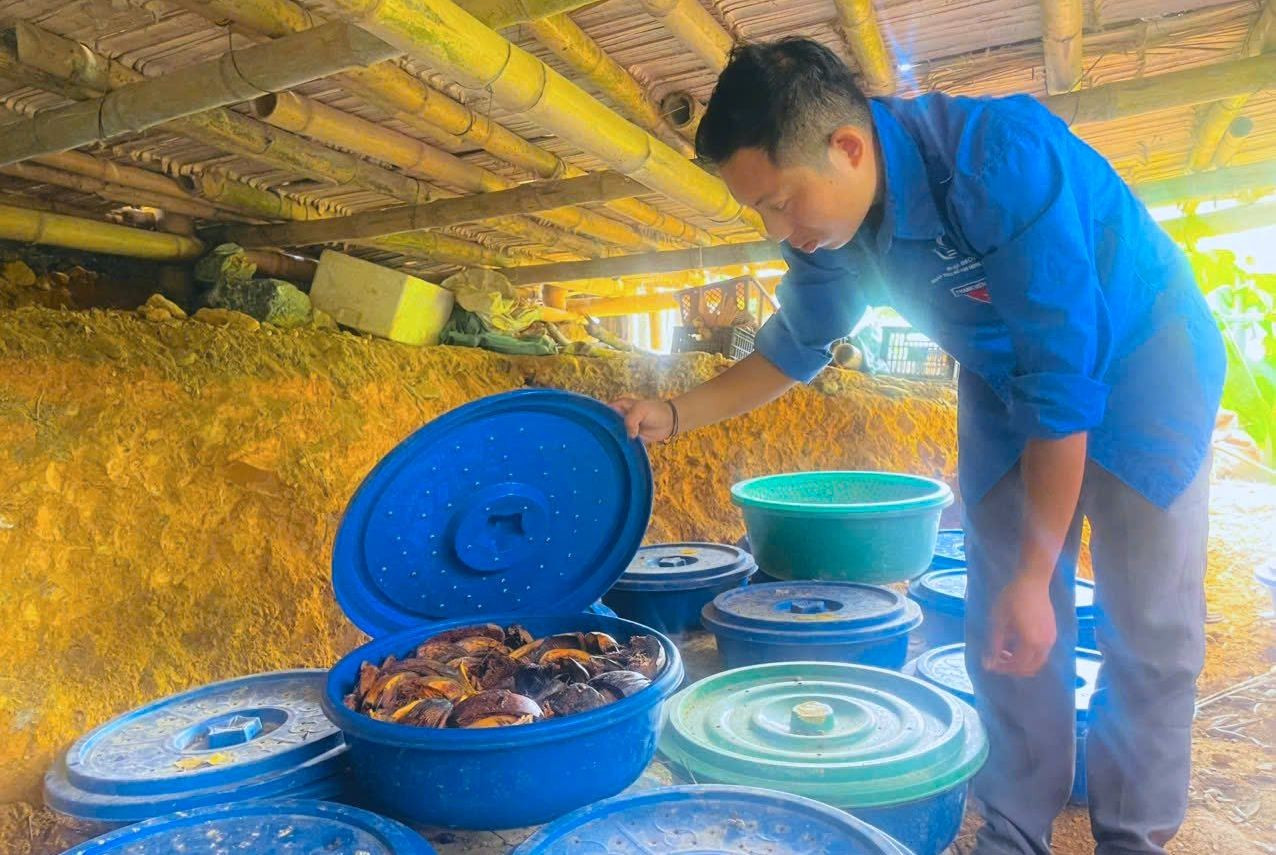
Mr. San said that he was born and raised in a land with many difficulties, so he always struggled to find a way to develop the economy suitable to local conditions. By chance, he learned about the coconut worm farming model, realizing that this was a new livestock, low risk, low investment capital, Mr. San boldly started to experiment.
“At first, I spent 300,000 VND to buy 20 pairs of larvae to try raising, to see if it was feasible. Unexpectedly, the results exceeded my expectations,” said Mr. San, adding that after 7 months of raising, he now has 30 pots of coconut worms, bringing in a stable monthly income.
Mr. San said that coconut worms are larvae that live in coconut trees and can be raised with many types of available agricultural waste. Raising coconut worms is not difficult and does not require elaborate cages, just a pot, covered tightly and kept at the right humidity.
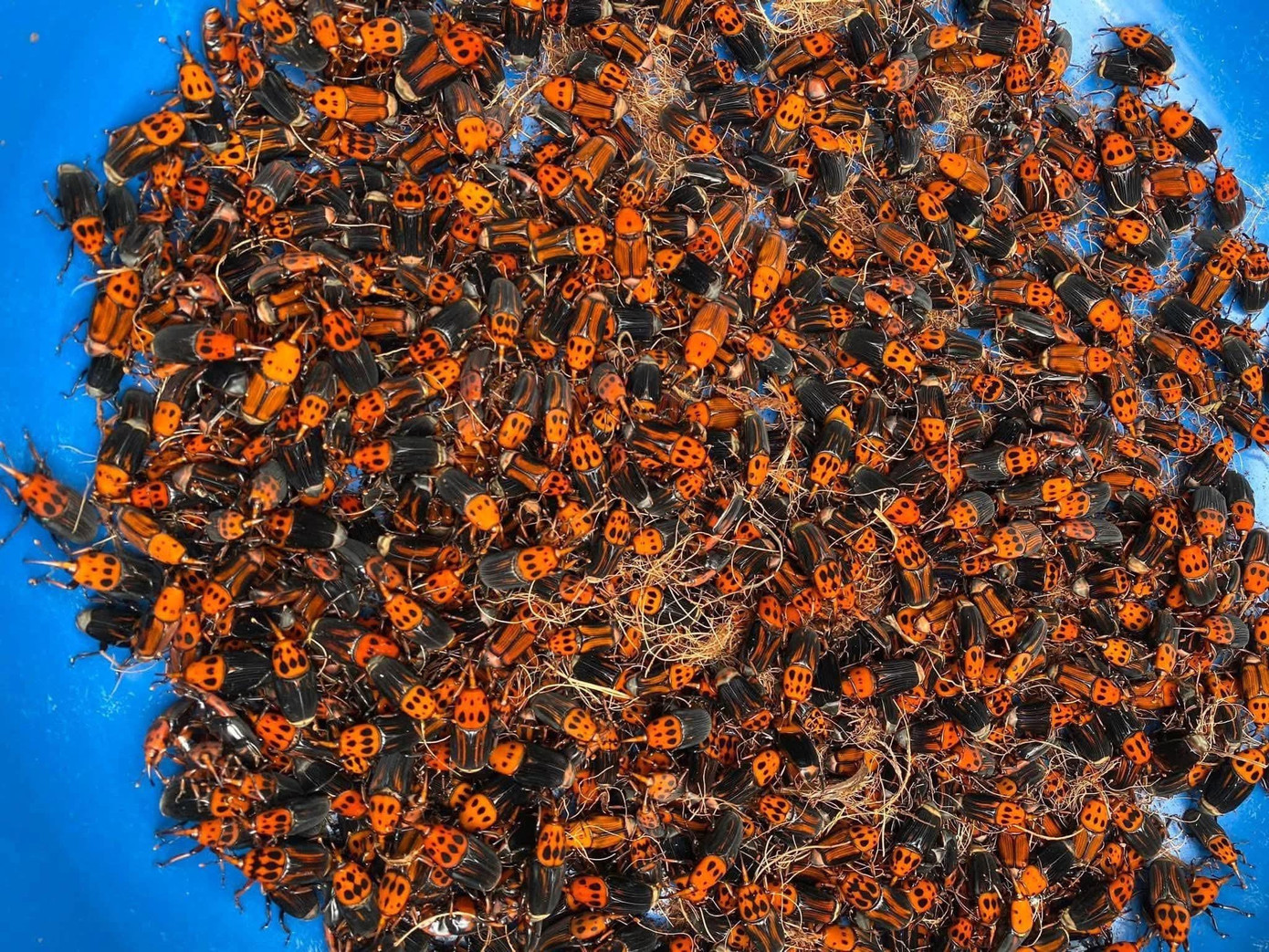
Coconut worm food is readily available, cheap and easy to find such as coconut shells, ripe bananas, papaya, sugarcane bagasse. Mr. San mixed these agricultural by-products with corn flour, fermented them and then poured them into the nursery pots with the larvae. After about a week, the larvae will lay larvae. After about a month of rearing, the coconut worm will be ready for harvest.
"Each breeding pot has a low cost of about 25-30 thousand VND for seeds, the cost of food is only about 1,000 VND/day. Raising weevils does not require much care like chickens or pigs, and there are few diseases. The economic efficiency is very good," Mr. San shared.
Currently, the selling price of coconut worms ranges from 250,000 - 300,000 VND/kg. Thanks to this model, Mr. San can earn from 6 - 7 million VND per month. This is a large, stable source of income, helping Mr. San's family improve their lives significantly. In particular, the increasing demand of the market, especially from specialty restaurants, makes his breeding facility always "out of stock".
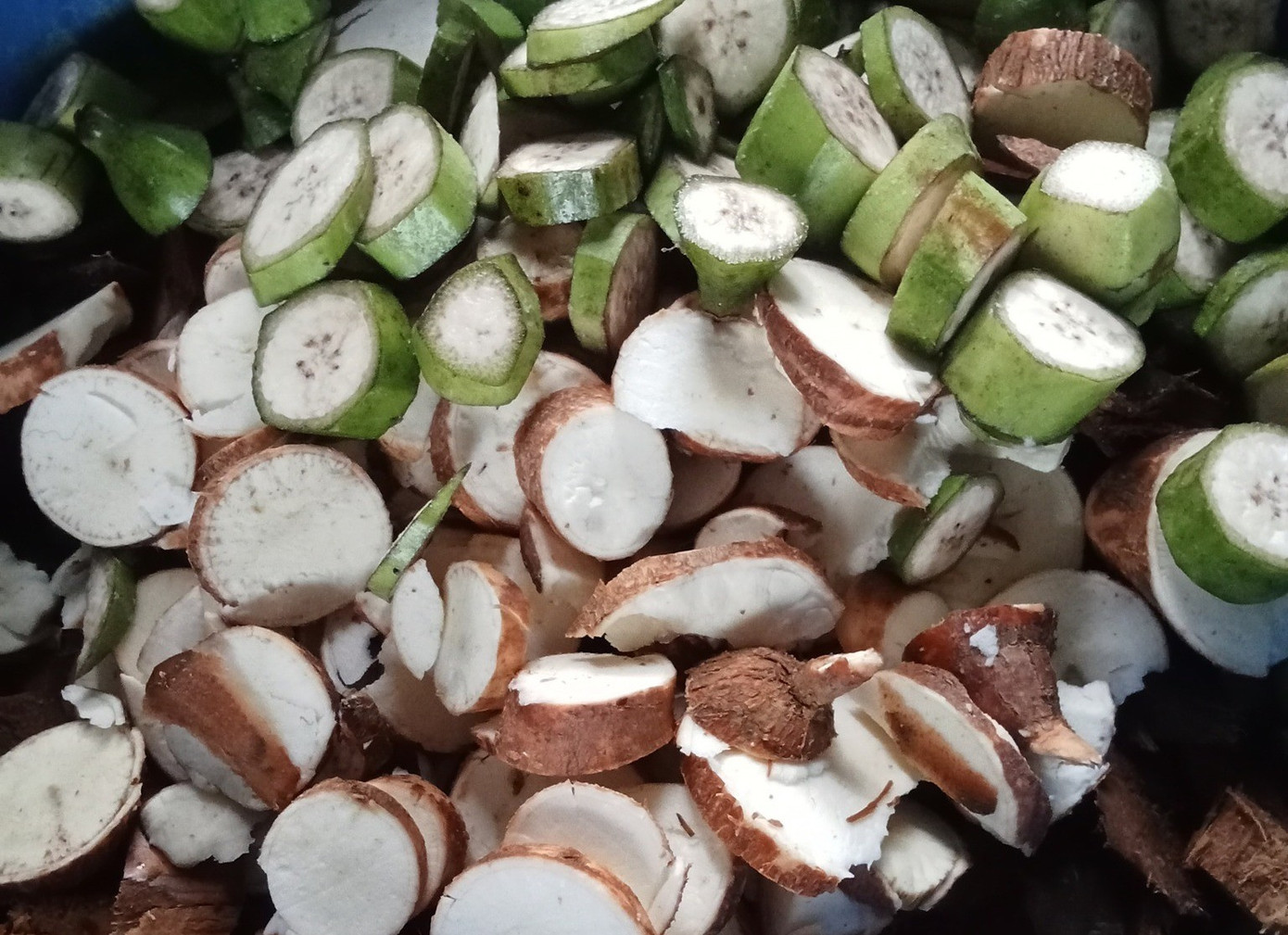
Not only developing his own economy, when the farming model was stable and effective, Mr. San actively shared farming techniques and experiences with union members, youth and people in the commune. He hopes that this model will be replicated, helping many other households have more livelihoods, creating jobs and good income. From there, helping local people gradually escape poverty and develop the economy.
Mr. Trinh Van Bang - Chairman of the People's Committee of Son Lam Commune (Nghe An) said that the coconut worm farming model is a new model in the area, which has initially shown good results. Some households have also learned, propagated and tested small-scale farming models. In the coming time, the commune government will conduct research with the hope of helping people have more models to develop the economy, gradually rising out of poverty.


Lo Thai San's story is a vivid testament to the spirit of daring to think and dare to do of young people in the mountains. From a small idea, he has opened a new direction, turning the coconut worm farming model into a livelihood to escape poverty, contributing to promoting the local economy and spreading the entrepreneurial spirit among highland youth. "Hopefully with a stable output, raising coconut worm will help people have another livelihood model and good income," Lo Thai San said, adding that by the end of the year, he plans to expand his farming scale to more than 50 pots of coconut worm.
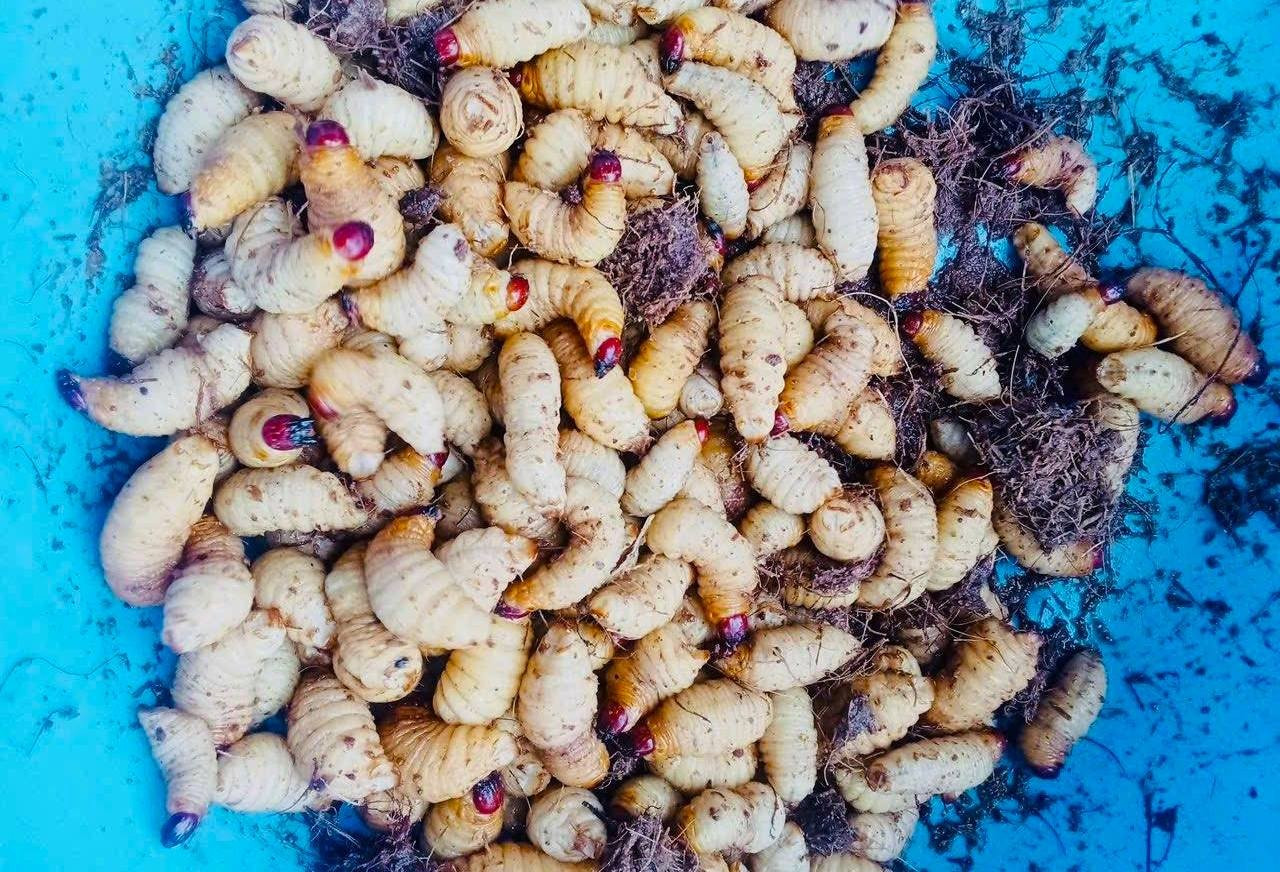
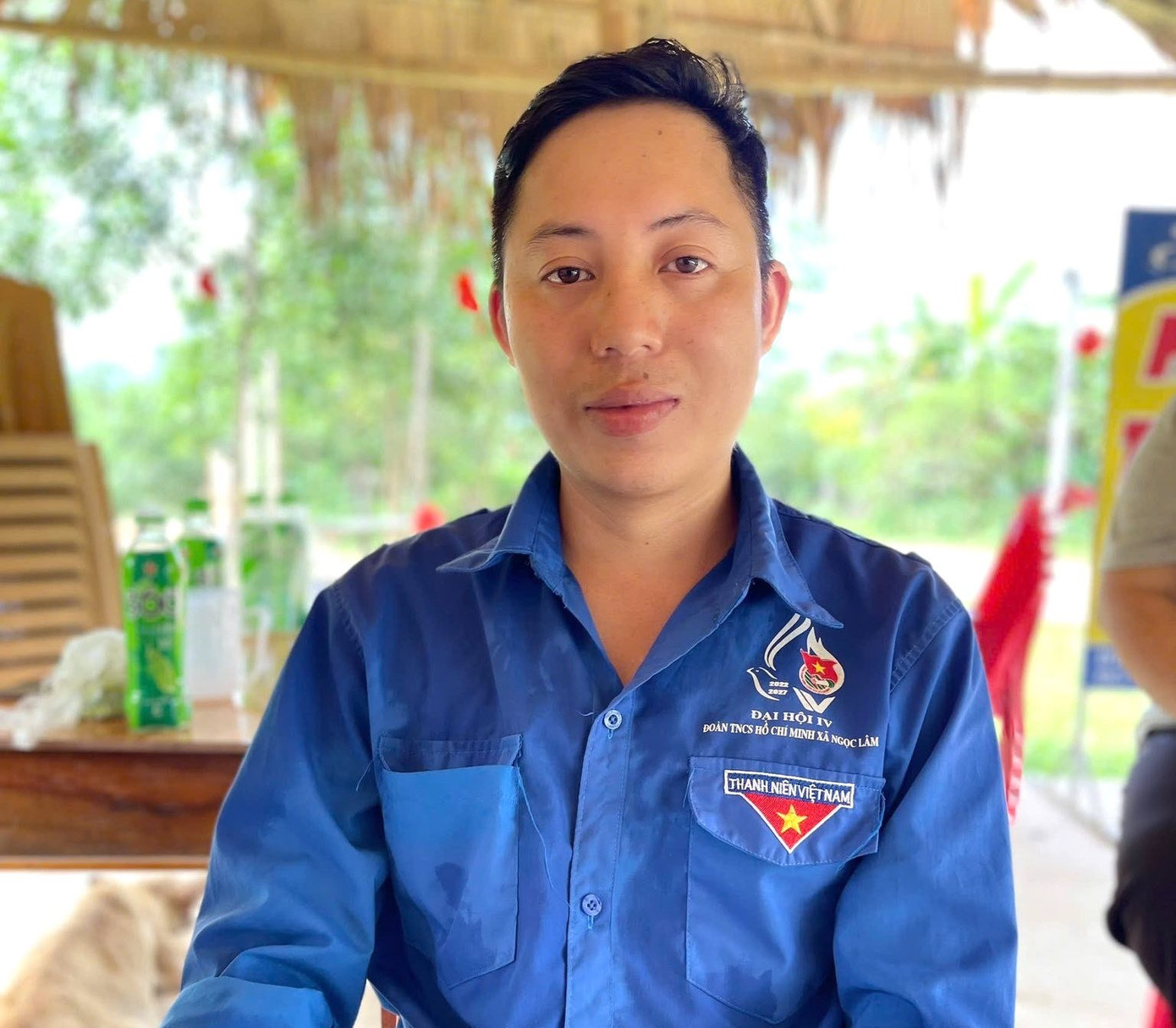
Source: https://tienphong.vn/dua-duong-dua-ve-nuoi-ky-vong-giup-dan-ban-thoat-ngheo-post1789496.tpo


![[Photo] Closing of the 14th Conference of the 13th Party Central Committee](https://vphoto.vietnam.vn/thumb/1200x675/vietnam/resource/IMAGE/2025/11/06/1762404919012_a1-bnd-5975-5183-jpg.webp)


![[Photo] Prime Minister Pham Minh Chinh receives the delegation of the Semiconductor Manufacturing International (SEMI)](https://vphoto.vietnam.vn/thumb/1200x675/vietnam/resource/IMAGE/2025/11/06/1762434628831_dsc-0219-jpg.webp)


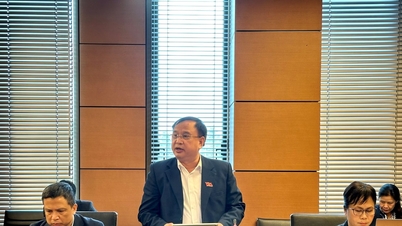

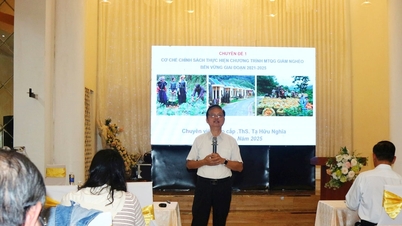

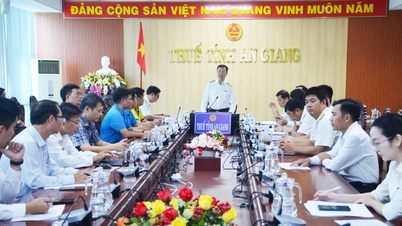

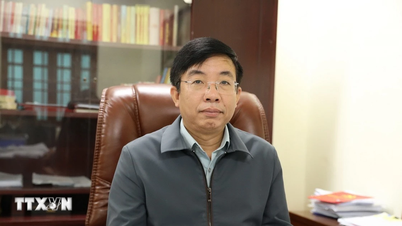

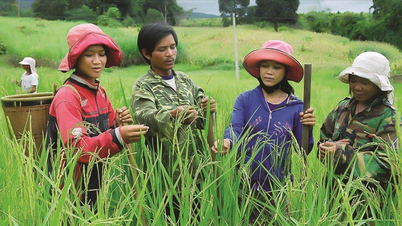

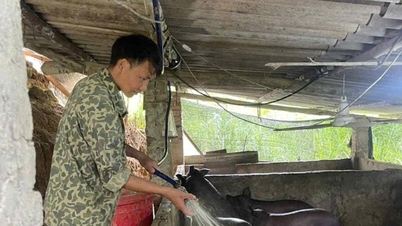



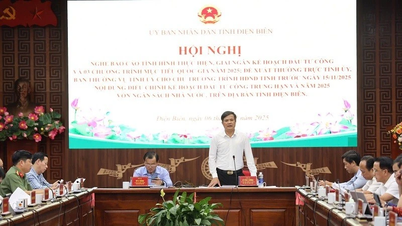


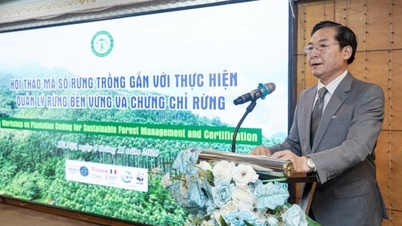
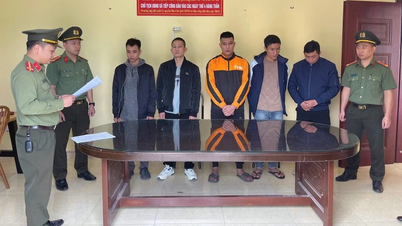




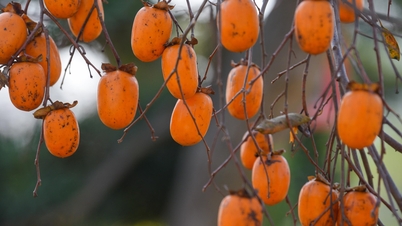




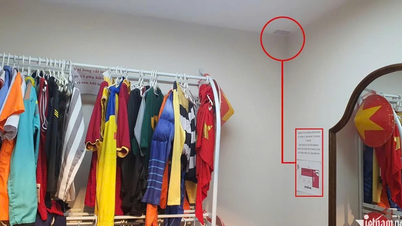







































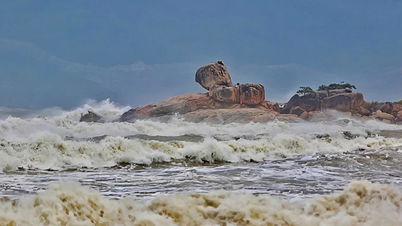












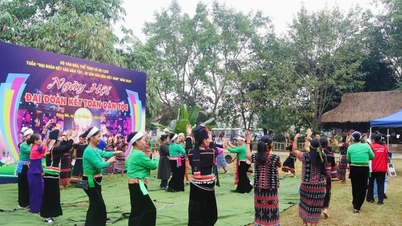
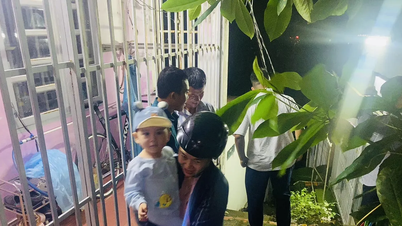

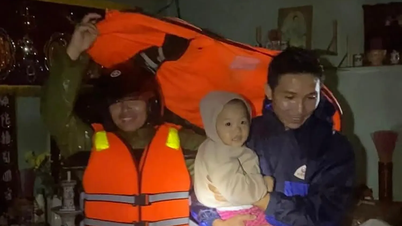

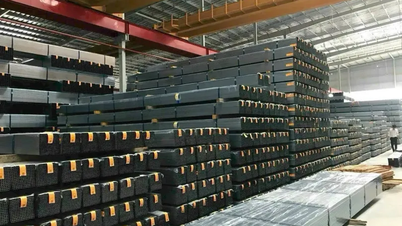



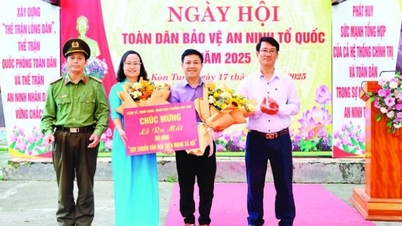













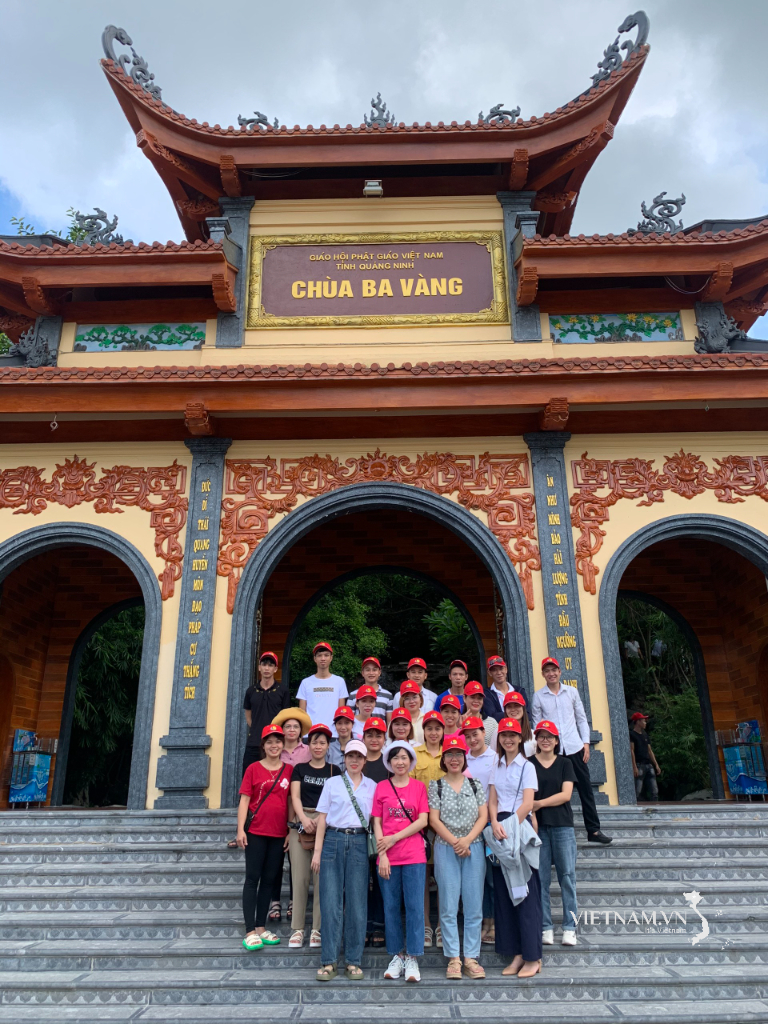
Comment (0)